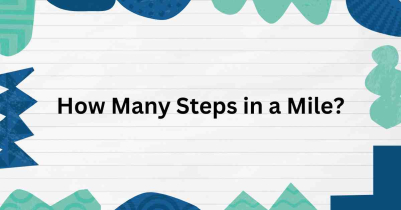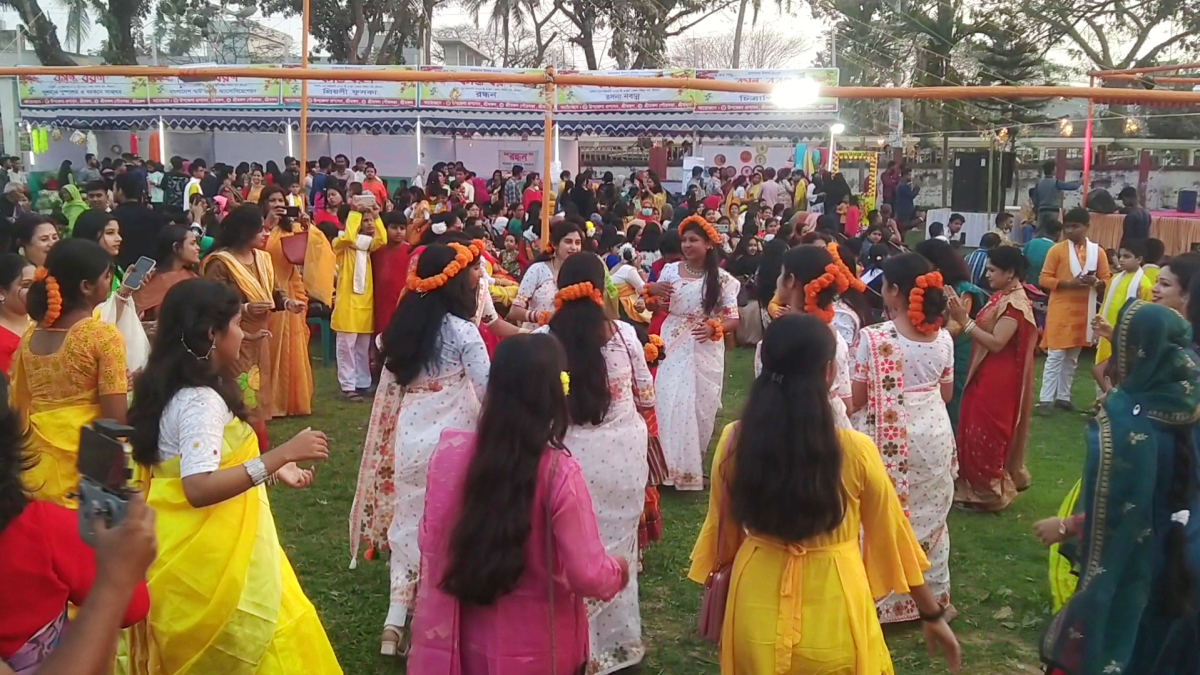Eye News Desk
Update: 18:28, 14 August 2024
How Are You Meaning in Bangla – A Simple Guide

Today, in a globalized world, learning basic words in other languages goes a long way. How Are You is One of such phrase that many a people want to learn. Well, if you have landed on this page is to know how are of Bangla. In this blog, you actually get to know the translation and what exactly it means in Bengali culture.
What is the meaning of "How Are You" in Bangla?
Wonder how are you meaning in Bangla.--> আপনি কেমন আছেন? (English translation: "Apni kemon achhen?"). It is an officially neutral sentence used in both the formal context and informal situations to ask about how someone feels.
Let Us Dissect the Phrase One by One: How Are You in Bengali
If you want to know what is the meaning of how are you in Bangla then see from each word-
Apni (আপনি): Its the meaning of "you" in a respectful way.
Kemon (কেমন): It means how
Achhen (আছেন): are, form of verb to be.
This is why, when you say "Apni kemon achhen?" This is you translating how are you meaning in Bangla to ask someone as per their respect.
Significance of "How Are You" in respect to Bangla Culture
How are you in Bangla is a powerful phrase that is more than just saying hello. We have this question, "eating Bong", which asks Apni kemon achhen? demonstrates you really care about the person and their welfare. It is one of the primary steps to build a warm and appreciative relationship.
Other Variations: Ways to Ask How Are You in Bengali
The standard variety for how are you meaning in Bangla is "Apni kemon achhen? But they come in different dialects based on the context:
Tumi kemon acho? (তুমি কেমন আছো? ): This is the casual version of Vous, which you can use with friends or people who are your age.
Kemon acho? (কেমন আছো? ): Somewhere between Watashiwa Igenki?
These variances reflect the adaptability of how are you meaning in Bengali during different situations.
Importance of Learning “How Are You” in Bangla First
All in all, the ability to speak Bangla and knowing how are you meaning is an essential aspect especially though conversing with Bengali speakers hence if when you make out on a resolution like traveling, some bangla language speaking area then this may assist many. By simply knowing this phrase, and acknowledging it for people with the language and culture of that country you can appreciate them as individuals on a much more personal level.
Practice Saying "How Are You" in Bangla
To give the how are you meaning in Bangla it is right, here are a few trick.
Practice with Native Speakers : The best way to practice is by talking in Bengali language with local speakers.
Take The Assistance Of Language Learning Apps: Download apps that assist in making your habit of how are you meaning in Bangla.
Learn Bengali Content: Viewing Bangla films or TV episodes will aid you to recognize the situation when how are you sense in bangla.
Common Mistakes to Avoid
Common Mistakes in how are you meaning he Bangla
Mis-Pronunciation: Be sure to say "Apni kemon achhen?" right to prevent anytypes of misunderstandings.
How are you meaning in English is quite informal. We have asked what do you mean bajanay I know, come on! In Bangla depending upon the formality of the situation anyone can be used so how should translate to either rekho (informal) or kemnum asa Reject for natural phrasing recommended over ask-ee language and svakhin(fully native).
In Conclusion you have mastered 'How Are You?' in Bangla
So, as a conclusion how are you meaning in Bangla is also an important step of Bengali learning. It is not just a greeting; it opens doors to important conversations and relationships. So the next time you meet someone who speaks Bengali, confidently ask them "Apni kemon achhen? And savour the Bengali warmth of hospitality.
By discovering this phrase in Bangla, you have not just found a new line for your dictionary of smartness and also created an appeal to one more method of bonding.
- The value of `Mohanagar` stretches far beyond social media hype
- The Mournful Day
- Tortoise: A Fascinating Creature of Patience and Longevity
- Making Bangladeshi workers safe for capitalism
- Where is the Super Bowl 2025? Your Ultimate Guide
- What is Amazon Digital?
- How to Become a Dermatologist: Your Complete Guide
- How to Become a Blogger: Your Complete Guide
- When is Memorial Day 2024 USA?
- How Many Steps in a Mile?






























